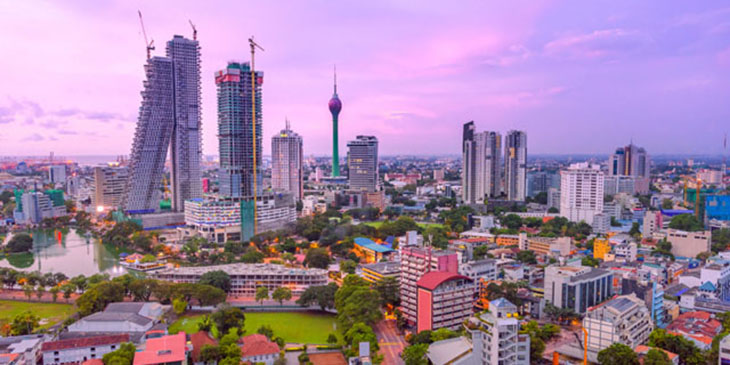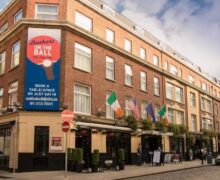Hotels limp back to normalcy amid heightened security in Sri Lanka

As Sri Lanka’s tourism industry inches towards recovery amid intensified security after the tragic Easter Sunday carnage, the Kingsbury – one of three hotels subject to suicide bomb attacks – said it will resume normal operations on Thursday.
Imara De Chickera, the hotel’s director of communications and spokesperson, said the hotel would be open for normal operations on Thursday, five days after suicide bombers detonated bombs at this hotel and two others, the Shangri-La and the Cinnamon Grand – all in the capital.
“Our accommodation and banquet operations are open, in addition to three restaurants and a bar,” she said, adding that the main restaurant where the suicide bomb was detonated is closed for repairs.”
Asked whether the hotel was still receiving bookings, she said: “Surprisingly some people called and wanted rooms.” While the Cinnamon Grand has been open throughout with limited operations, the Shangri-La has been closed until further notice.
At least 359 people, including 40 foreigners, died in the attacks at the three hotels and three churches across the land. International Islamic terror group, the ISIS has claimed responsibility for the attacks, while the government has blamed an Islamic extremist group called the National Thowheeth Jama’ath, adding that it had foreign links.
The bombings were believed to be the worst single strike Sri Lanka has seen, even considering the 30-year Tamil separatist conflict which ended in May 2009.
Some hotels are seeing security intensified similar to what was seen during the Tamil separatist conflict, the industry was putting the pieces together to put forward a brave face to the world and demonstrate resilience, much like in the dark days of 1980-2009.
As travel players worldwide express solidarity with the country in the wake of the attacks, Champika De Silva, cluster director of sales at Anantara Resorts in Sri Lanka, said they received assurance and support from foreign operators. Kuoni for example urged some worried patrons to postpone the holiday, instead of cancelling it altogether. “That was very nice and considerate, I thought,” she said.
Two large groups from Australia and France had cancelled bookings while April/May looked bleak. “There is no pick-up in bookings, enquiries are non-existent,” she said, although they had some bookings for October.
Shiromal Cooray, chairperson of Jetwing Hotels, has seen “a fair amount of cancellations”.
With tight security by police, assisted by the military to reinstate order, she expressed hope for the situation to be brought under control very soon.
Stringent security at hotels meant all car parks in the building and its vicinity were closed and vehicles coming to the hotels had to be park elsewhere.
All bags went through stringent checks while metal detectors and other security scanners that some hotels used during the 30-year conflict have been reactivated.
Sanath Ukwatte, chairman of the Mount Lavinia Hotel and president of the Hotels Association of Sri Lanka, said they had about 20-30 per cent cancellations, adding that there was heightened police presence near the hotel as part of state security measures.
“These stringent measures would ease once the situation is brought under control,” he expects. The association was also meeting on April 29 for its routine monthly meeting where the crisis will be reviewed.
Sri Lanka Tourism, in a statement on Tuesday, reassured the world that the country is open for business and all possible measures have been taken to ensure the safety and security of tourists.
“Our world-famous tourism sites, hotels, resorts and other tourist attractions will remain open as usual. There are no road closures or restrictions on movement anywhere in the island,” the NTO said. “We look forward to warmly welcome all those who have planned trips to the country.”
source: TTG Asia




